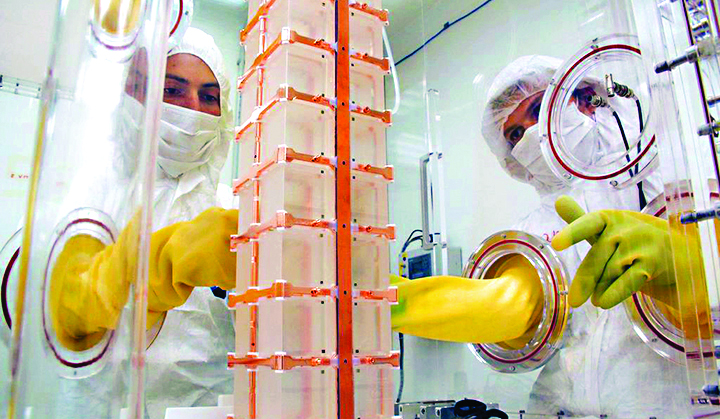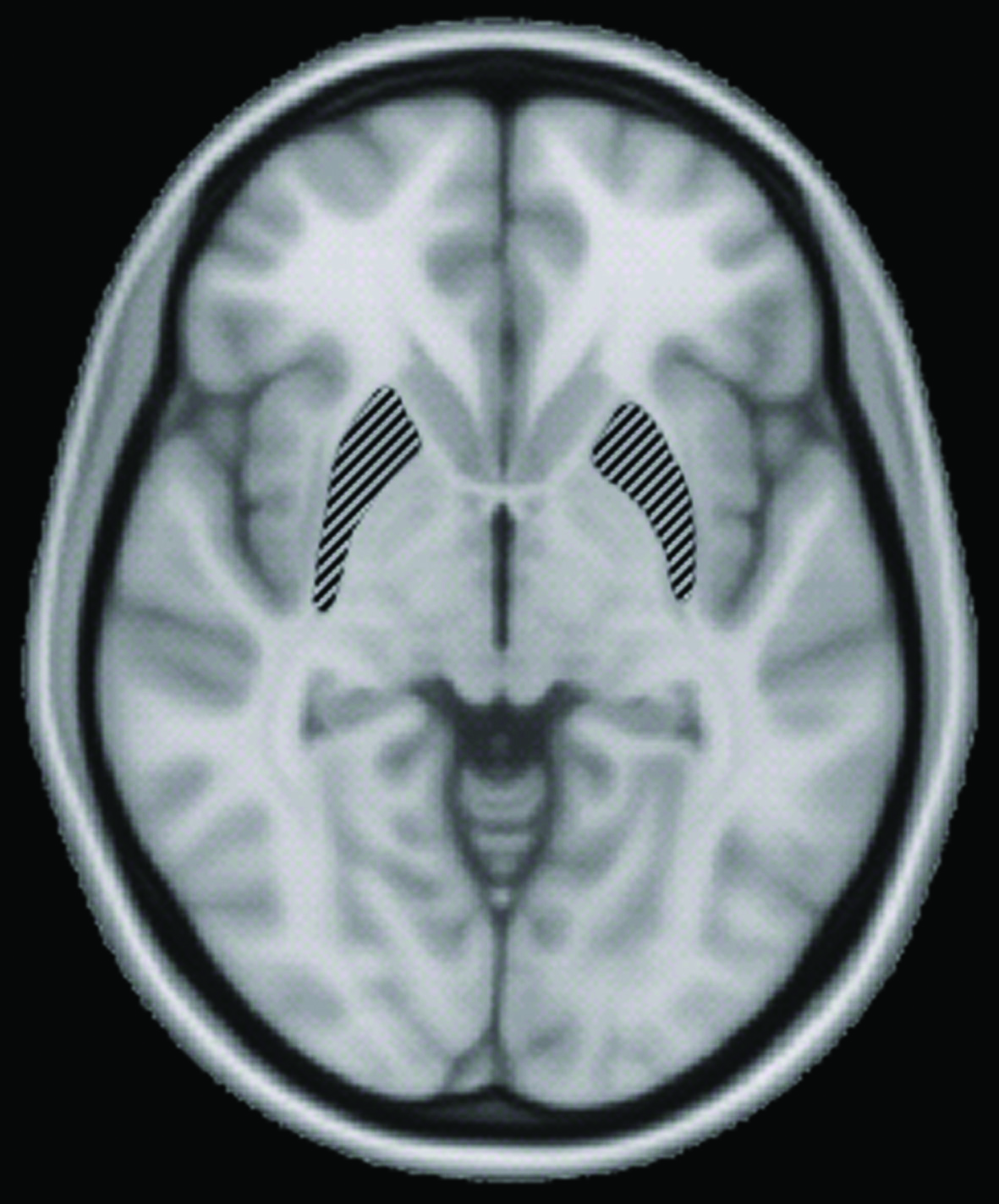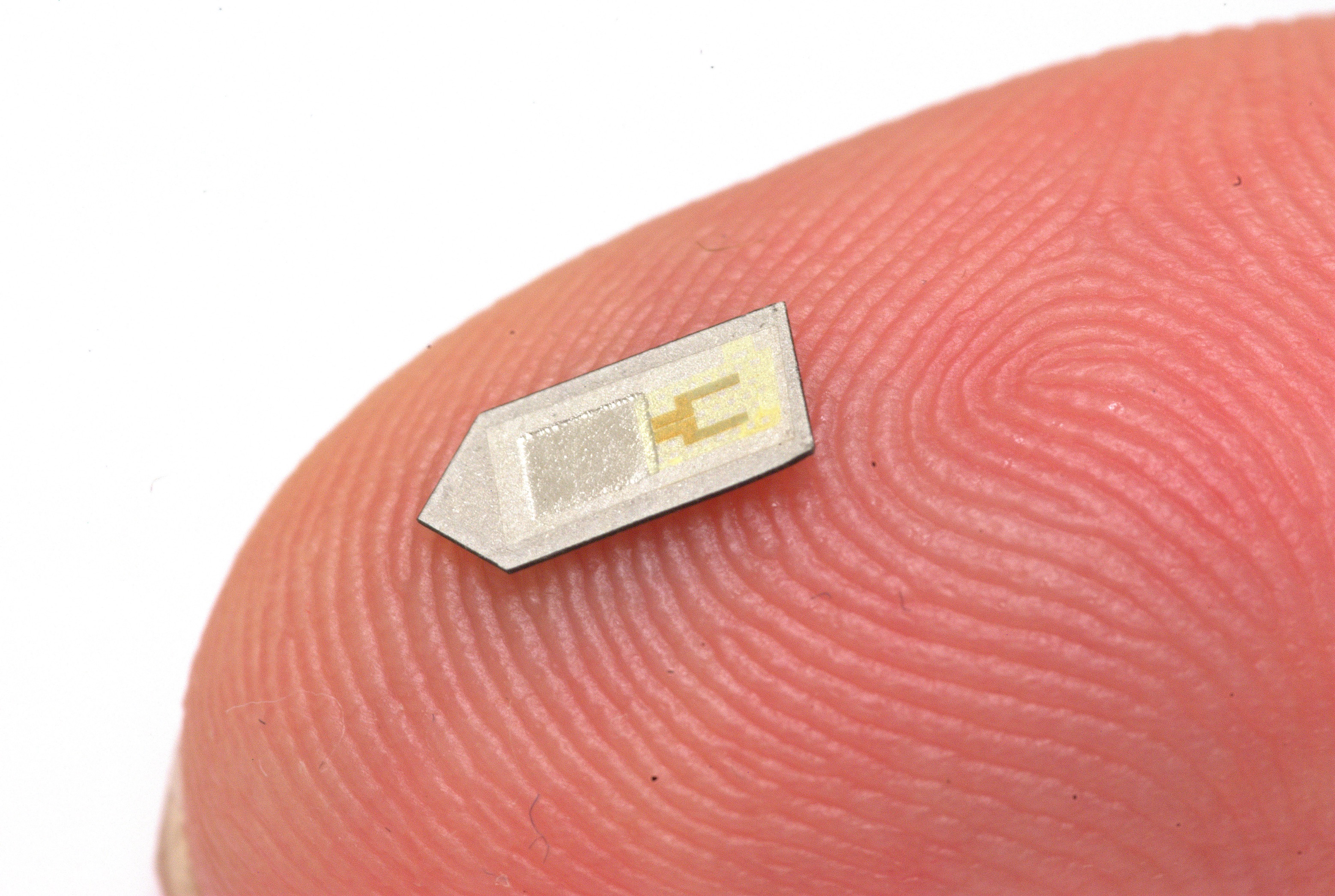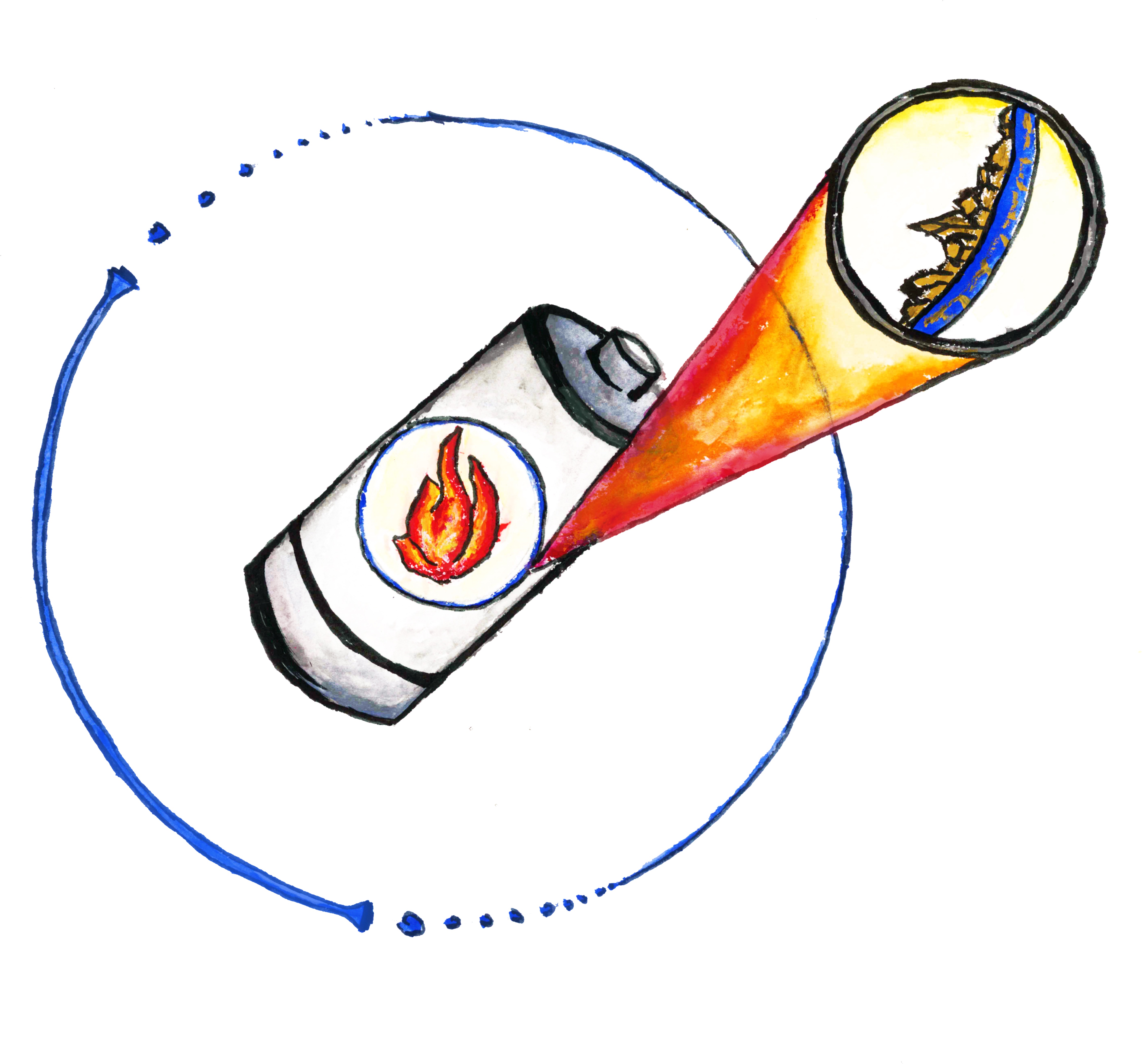
Funding the Fight against Typhoid Fever
With the support from a new grant from the Bill & Melinda Gates Foundation, Virginia Pitzer will develop models on how best to use typhoid vaccines in developing countries.

With the support from a new grant from the Bill & Melinda Gates Foundation, Virginia Pitzer will develop models on how best to use typhoid vaccines in developing countries.

Though we have always known that plants are vital to maintaining good health and preventing diseases, only recently have scientists begun to uncover the mystery
A team of Yale students has developed an electronic method to store a child’s vaccination records using wearable computer chip technology. The project was designed for use in rural Indian communities without Internet access.

Yale Professor Bonnie Fleming was appointed Deputy Chief Research Officer at Fermilab and will oversee projects about the newly discovered neutrino. This research could change our understanding of how the universe came to be.

Ongoing research led by Yale Wright Laboratory Director Karsten Heeger seeks to prove or disprove the existence of a fourth form of neutrino–the sterile neutrino. The results would require physicists to rethink the Standard Model of Particle Physics and its assumptions.

A screening of over 1000 chemicals found in hydraulic fracturing fluids and wastewater identified hundreds of potential toxins, highlighting the need for further studies.
Researchers at Yale use organic chemistry techniques to answer critical biological questions, such as how drug-resistant bacteria evade the immune system.

In a new study at the Yale School of Public Health, a correlation between negative views on aging and the onset of Alzheimer’s provides a potential target for future Alzheimer’s prevention.

Parts that can be found in cell phones can be used to make biodegradable devices that can monitor brain conditions. Led by teams from the University of Illinois and Washington University in St. Louis, researchers have produced such devices that may be able treat the brain, too.

Astronomers estimate that there are billions of stars in the universe, but are their numbers accurate? With increasingly sophisticated imaging technology, scientists are continuously improving their approximations.

Batteries are found in everything from cell phones to cars, quietly powering our everyday existence. With rising pressures to find more renewable sources of energy,
Alumnus Francis Collins (PhD ’74) initially held little interest for the field of biology. Yet he went on to successfully direct the Human Genome Project, the largest endeavor in genetic research. Collins now serves as Director of the NIH, the largest contributor to medical research in the world.